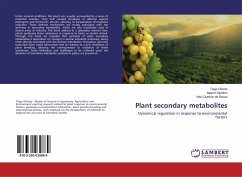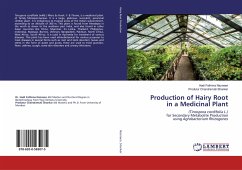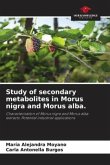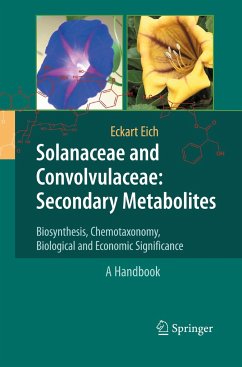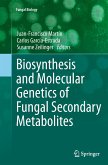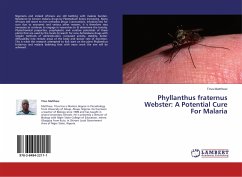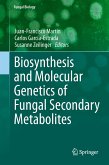This research aimed to improve Phyllanthus odontadenius secondary metabolites used against Plasmodium falciparum. A first step was based on identification, Phytochemistry and in vitro antiplasmodial activities of Phyllanthus specimens (species) in Kinshasa. Results showed that Phyllanthus species in Kinshasa showed differences in both secondary metabolites and in vitro antiplasmodial activity. Chemical screening of the aerial parts of Phyllanthus species showed that the presence of alkaloids is an identification index of the genus Phyllanthus and the methanol extracts were more efficient against P. falciparum with less values of IC50 (5 µg/ml). However the choose was established on P. odontadenius because the aqueous extract of this species presented high antiplasmodial activity (1,83 µg/ml) on P. falciparum chloroquino-resistante K1 strain. The second step was to explore two mutagenesis techniques: gamma-rays (Cs -137) and sodium azide. The results of mutagenesis techniques weretwo convincing stages of human intervention on the improvement of plants. The in vitro antiplasmodial activities increased in comparison to control. Agrobacterium rhizogenes was also tryed in this work.
Bitte wählen Sie Ihr Anliegen aus.
Rechnungen
Retourenschein anfordern
Bestellstatus
Storno


